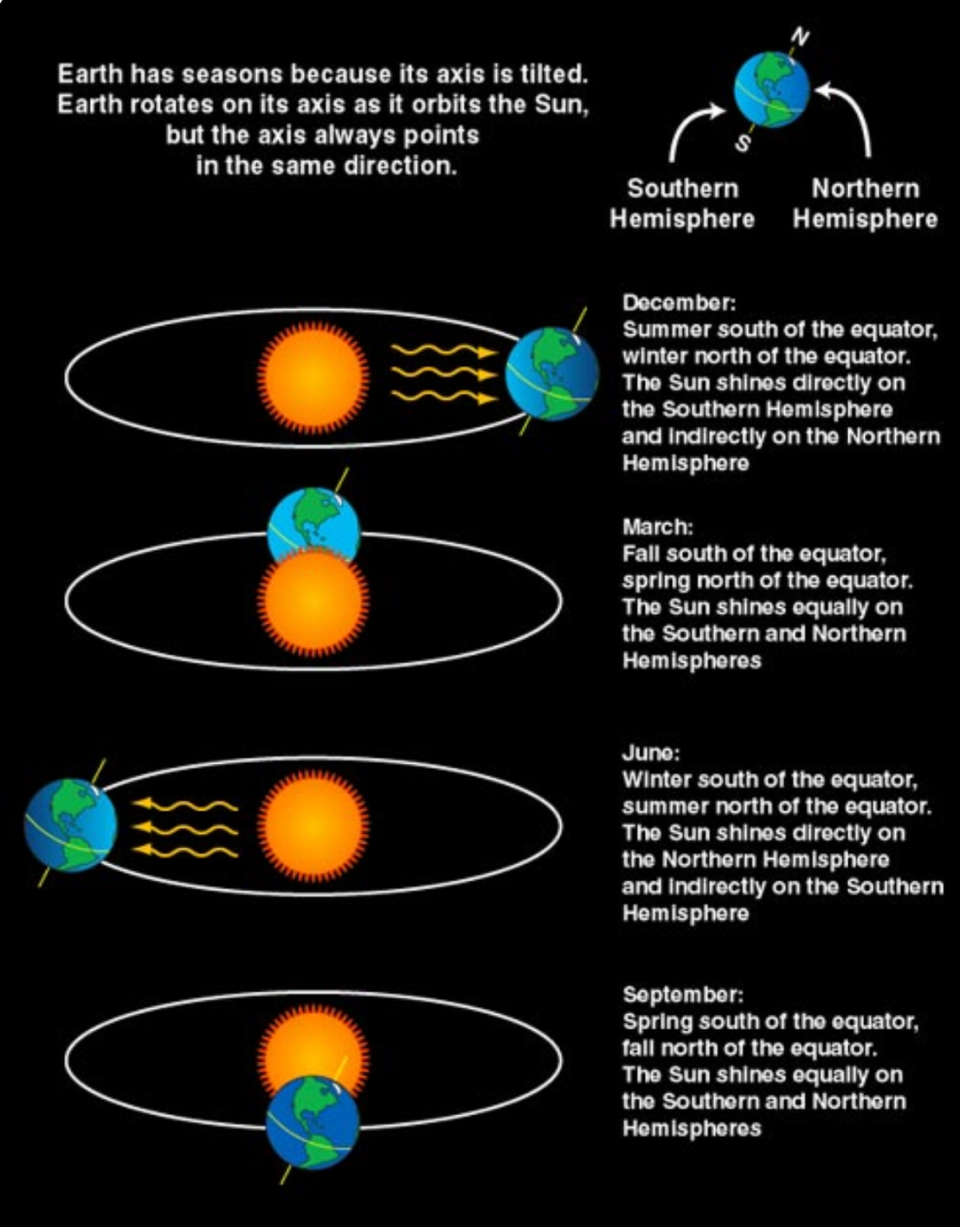The longest day of the year is today. Here’s what the summer solstice means for Boise
When the sun rises Wednesday morning, it’ll remain above the horizon for the longest time of any day this year.
The best day of the summer is finally here for sunlight lovers: the summer solstice.
The summer solstice is on June 21 every year, meaning it will fall on Wednesday this week.
It marks the official beginning of summer on the astronomical calendar — the calendar that bases seasons off the summer and winter solstices and spring and fall equinoxes. It differs from the meteorological calendar, which views the start of summer as June 1 for easier record-keeping purposes.
The solstice occurs when the sun is at its highest point at solar noon, corresponding with the most daylight all year.
But after the solstice, things start to look a bit darker again. In the Northern Hemisphere, which includes the whole United States, each day after the summer solstice slowly sees less and less sunlight until it bottoms out during the winter solstice in December.
Why does a solstice occur?
Solstices happen because of the Earth’s axial tilt. According to NASA, it is believed that many millions of years ago, Earth was hit by something large, causing it to rotate on an off-kilter axis. Today, the obliquity of the axis — how far off center the axis lies — is 23.4 degrees, but it is gradually decreasing over time.
In other words, it’s what causes the seasons.

During the summer solstice, the Northern Hemisphere is tilted toward the sun, resulting in longer days and shorter nights.
How much daylight will Boise have?
The sun will rise in Boise on June 21 at 6:03 a.m. and set at 9:29 p.m., resulting in 15 hours, 26 minutes and 18 seconds of daylight. Boise residents will be able to enjoy the extra sunlight, with the National Weather Service forecasting clear skies and a high of 73 degrees Wednesday.
In even better news for sun-lovers. The amount of sunlight Boise receives each day after Wednesday won’t drastically drop — the Earth’s axial tilt points the Northern Hemisphere toward the sun at its most dramatic point around the solstice, resulting in the slightest changes in daylight.
Boise will receive just three seconds less of daylight on June 22 than on the summer solstice, and by July 4 celebrations, the City of Trees will still be enjoying over 15 hours and 20 minutes of daylight.

